The Pangasinan people, also known as Pangasinense, are an ethnolinguistic group native to the Philippines. They are the tenth largest ethnolinguistic group in the country.
Read more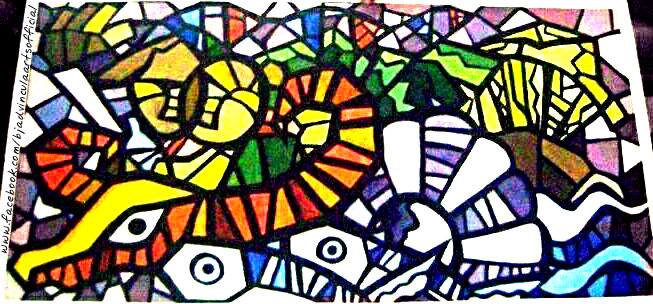
In this section you will find articles that cover the shamans, healers, sorcerers and ‘witches’ among the various cultures of the Philippines.
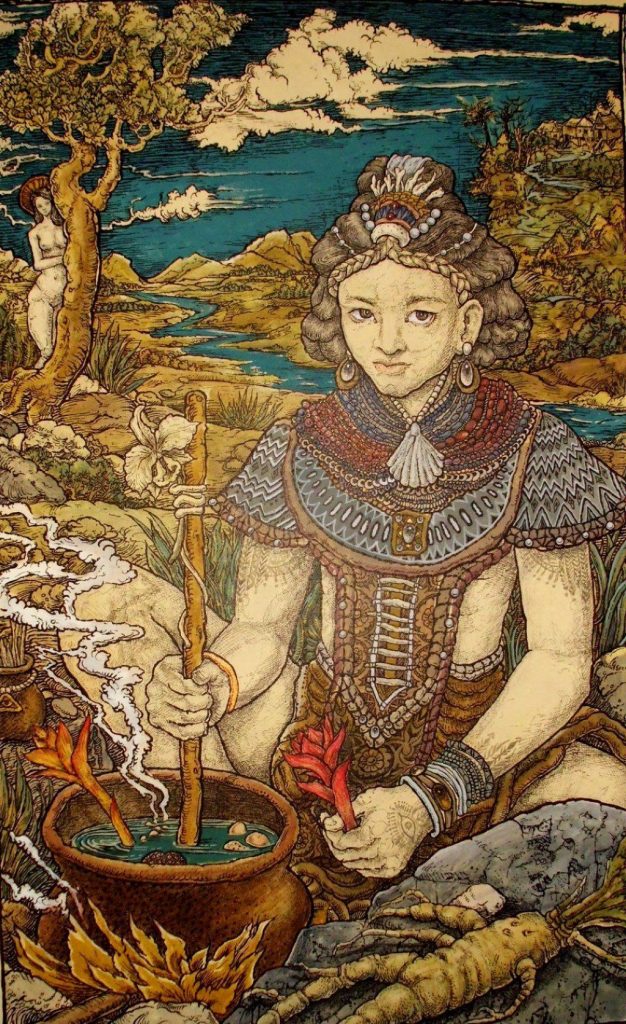
Philippine shamans, commonly known as Babaylan (also balian or katalonan, among many other names) were (and still are) shamans of the various ethnic groups of the Philippines. These shamans specialize in communicating, appeasing, or harnessing the spirits of the dead and the spirits of nature. They are believed to have spirit guides, by which they contact and interact with the spirits and deities (sometimes referred to as anito or diwata) and the spirit world. Their primary role is as mediums during rituals. There are also various subtypes of babaylan specializing in the arts of healing and herbalism, divination, and sorcery.

The Pangasinan people, also known as Pangasinense, are an ethnolinguistic group native to the Philippines. They are the tenth largest ethnolinguistic group in the country.
Read more
The west coast of Davao Gulf between Daliao and Digos is dotted with small villages, the inhabitants of which are largely Bagobo who have been
Read more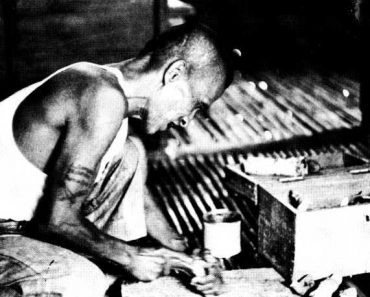
Two medical systems compete in Cebuano society: modern, scientific medicine, and folk medicine. Sorcery is one of the causes of illness according to folk medical
Read more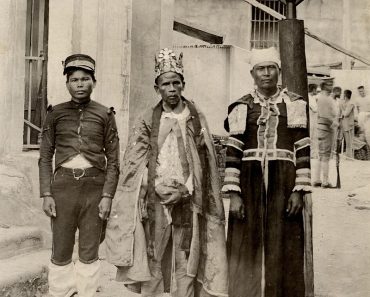
Babaylan were shamans of the various ethnic groups of the pre-colonial Philippine islands. These shamans specialized in communicating, appeasing, or harnessing the spirits of the
Read more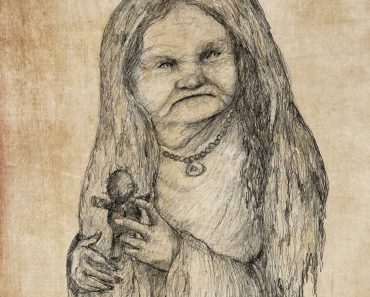
Here at The Aswang Project, I have recently been receiving many requests to present more information about Philippine “witches” and “witchcraft”. I am usually left
Read more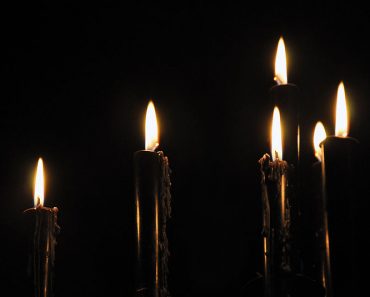
When someone hears the word ‘sorcery’, it conjures a figure holding a doll and needle mumbling words that can affect anyone under their power. Certain
Read more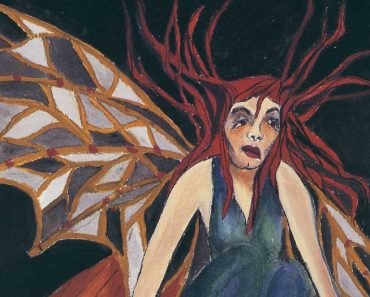
The Visayan Islands are, in Philippine folk belief, the home of witches. Whatever might have led to this “distinction,” investigation showed that the belief in
Read more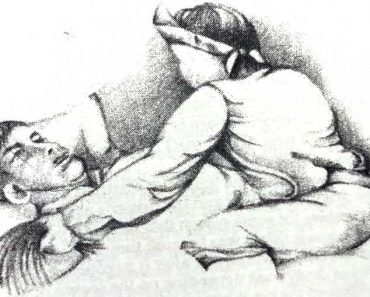
The following notes were recorded by a native Visayan teacher: If a person is ill or feels a pain in any part of his body,
Read more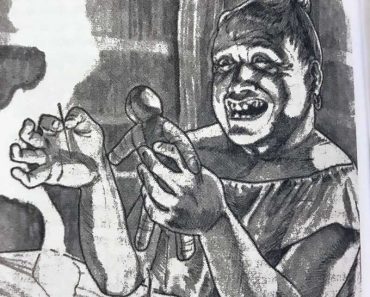
by FRANCISCO R. DEMETRIO, S.J. from the book MYTHS & SYMBOLS, PHILIPPINES The aswang or witch is one of the givens of the Philippine cultural
Read more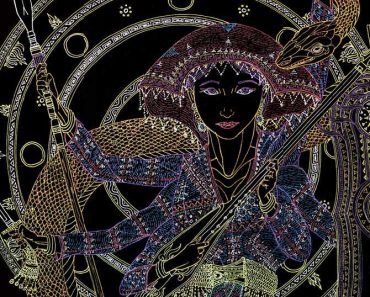
by Francisco R. Demetrio, S.J. Rural peoples of the Philippines believe in the existence of, as well as the influence exercised on human lives by
Read more
